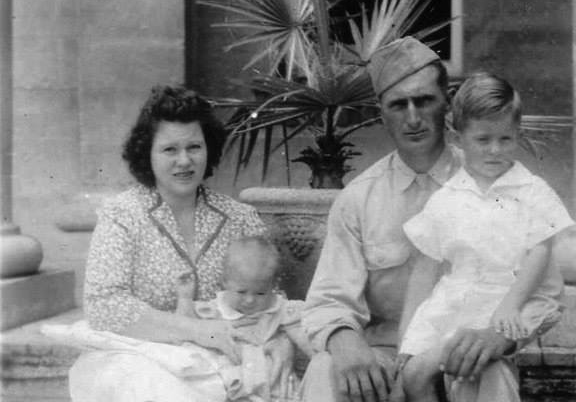By G. Wayne Dowdy
Your correspondent reflects on the differences and similarities between the Covid-19 pandemic and World War II in another letter to Colonel John McLeod Keating, managing editor of the Memphis Daily Appeal during the 1878 yellow fever epidemic.
Dear Colonel Keating:
In my last letter I wrote that the Covid-19 pandemic was the worst disruption of American life since the Second World War. Since then I have been thinking about that time and comparing it to our current crisis. In many ways Americans reacted to the pandemic much as they did during World War II.
Soon after we joined the conflict in late 1941, the federal government asked all citizens to contribute a portion of their time to war work. This included working in a war plant, volunteering with Civil Defense or the Red Cross, growing victory gardens, participating in blood, scrap metal, and rubber drives, buying war bonds, watching your neighbor’s children while they worked, and a hundred other things that strengthened democracy and helped the home front.

My grandparents, William Herbert and Lurline Griffin Nance, each participated in war work as did most of their fellow citizens. When the conflict began, they were farmers contributing to the nation’s cotton and food supply. In 1944 my grandfather was drafted into the Army and after basic training, was assigned first to Camp Blanding in Florida and then Fort McPherson outside Atlanta.
While in Florida, my grandmother took the train from Mississippi with her baby daughter Barbara and her oldest child Bonard to visit her husband. On their way back home a young sailor approached my grandmother and asked if she would be willing to nurse a baby whose mother was deathly sick. She readily agreed and no doubt saved the child’s life. My grandmother’s brave actions certainly fit the definition of war work.
On April 12, 1945 President Franklin Rooosevelt died in Georgia and my grandfather was one of many soldiers who served as an honor guard as the president’s funeral train winded through the rural South on its way to the nation’s capital. Serving the fallen was my grandfather’s most important war work as he escorted soldiers’ bodies back to their families when the fighting ended.
It was common to be asked, “What did you do during the war?” My grandparents could proudly reply that they saved a life and honored in death the chief executive and his soldiers.
I suspect that many Americans, after today’s pandemic crisis has passed, will also be proud of their service. As I’ve written in previous letters, many Americans have risked their lives to keep the supply chain open, protect citizens, feed the hungry, teach children, and provide access to information. Perhaps in the future we will be asked “What did you do during the pandemic?”
The main difference between then and now is that the federal government never asked Americans to serve. Instead, some officials failed to properly respond to Covid-19 while encouraging citizens to be selfish. A few followed this incompetent lead, but not many. Most have engaged in pandemic work, even if they didn’t see it as such. We are fortunate that the spirit of service remains a powerful force in our democratic republic.
I remain,
your faithful correspondent



